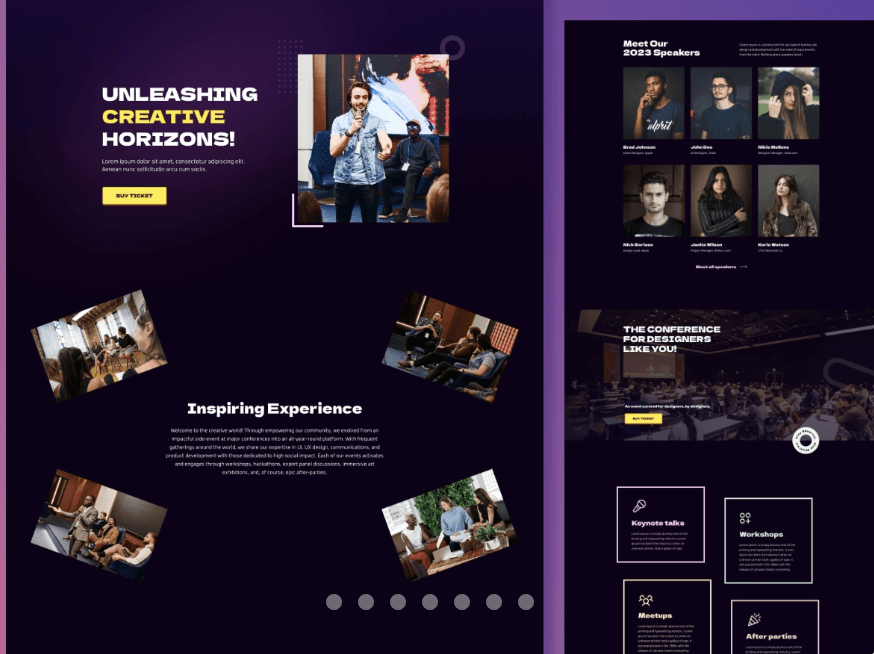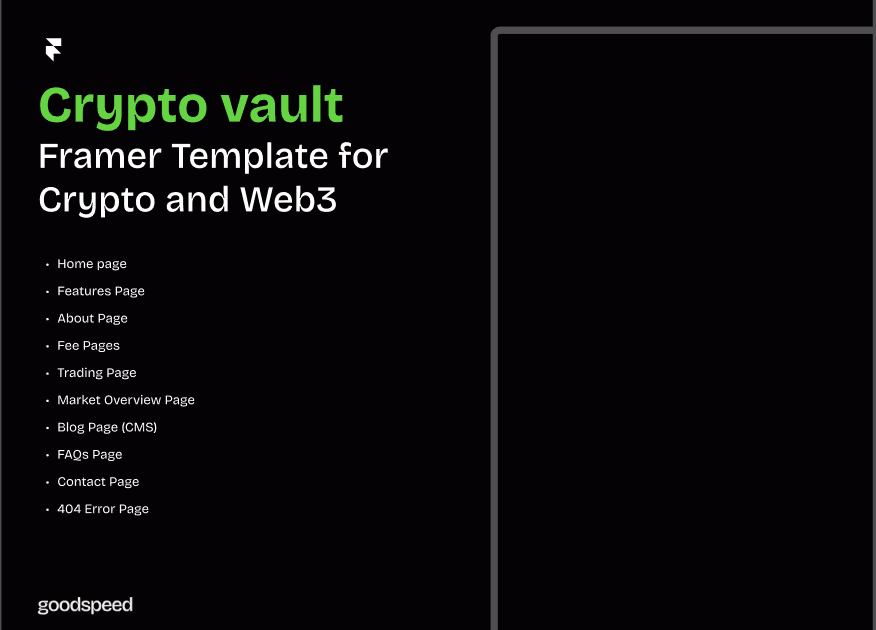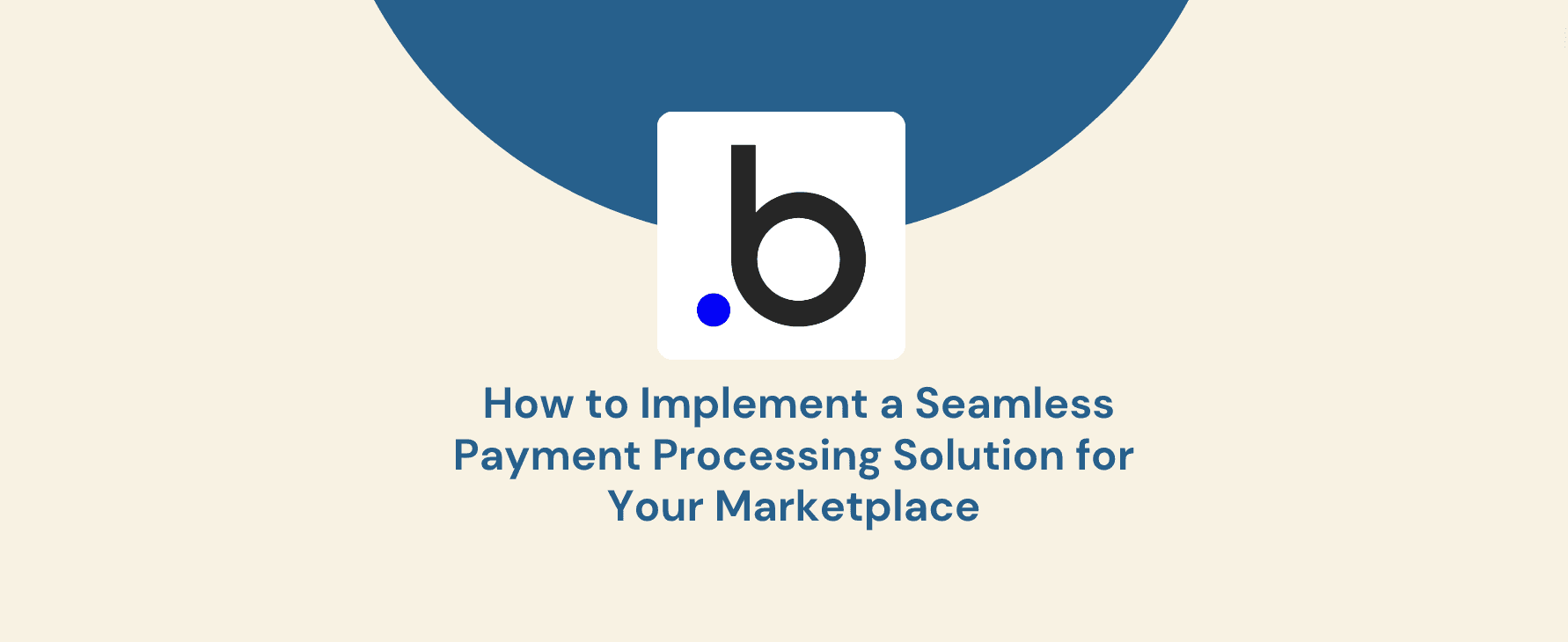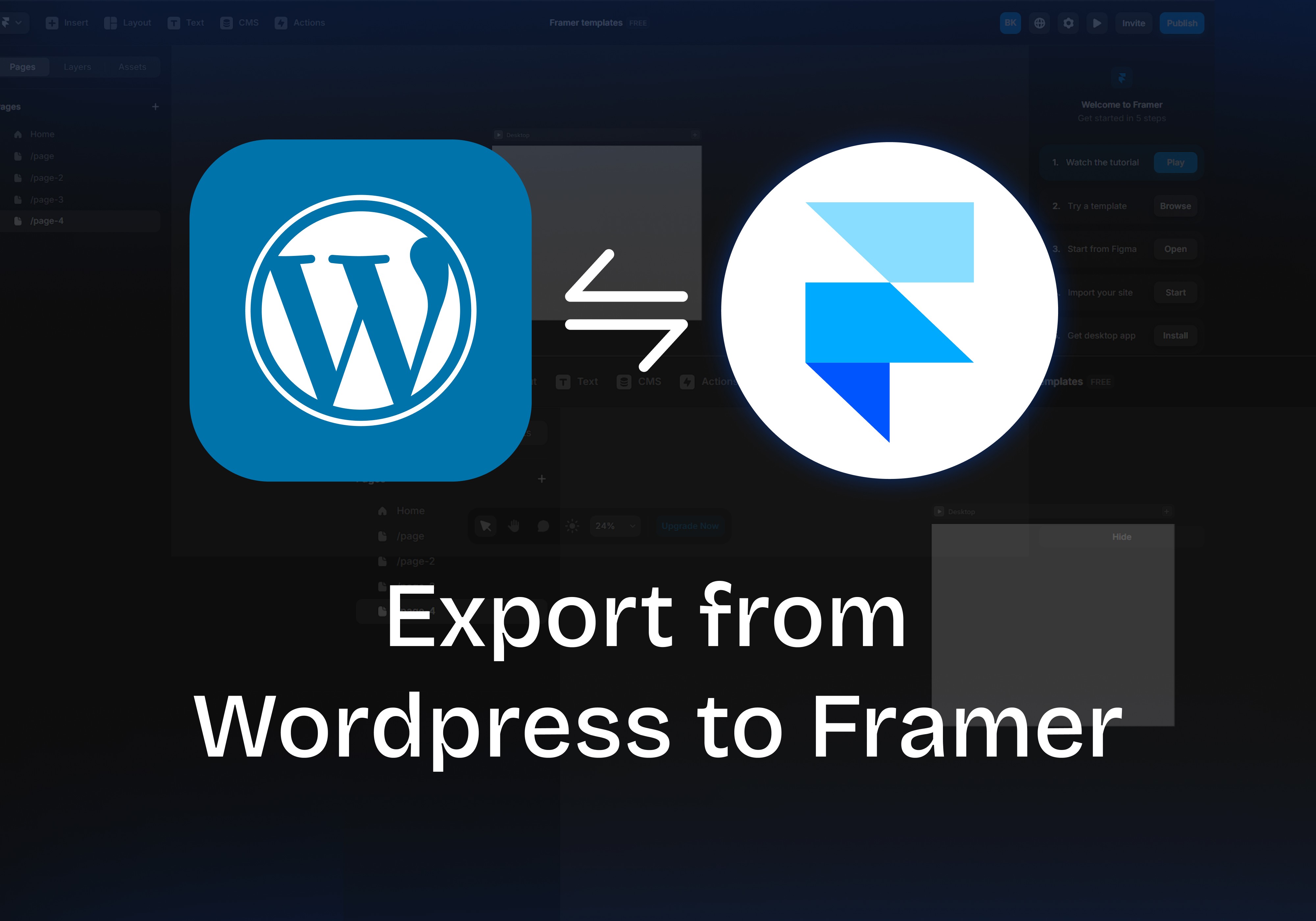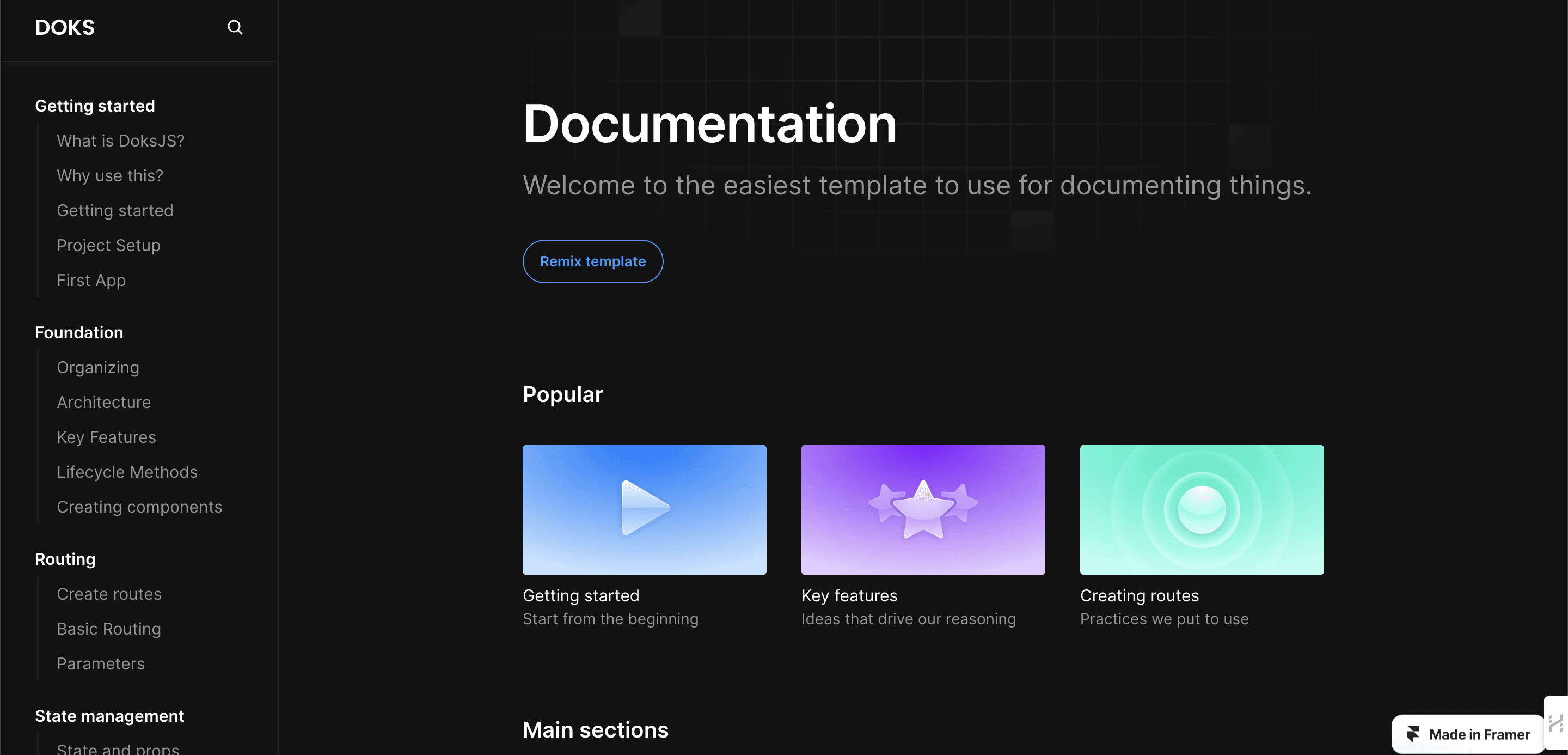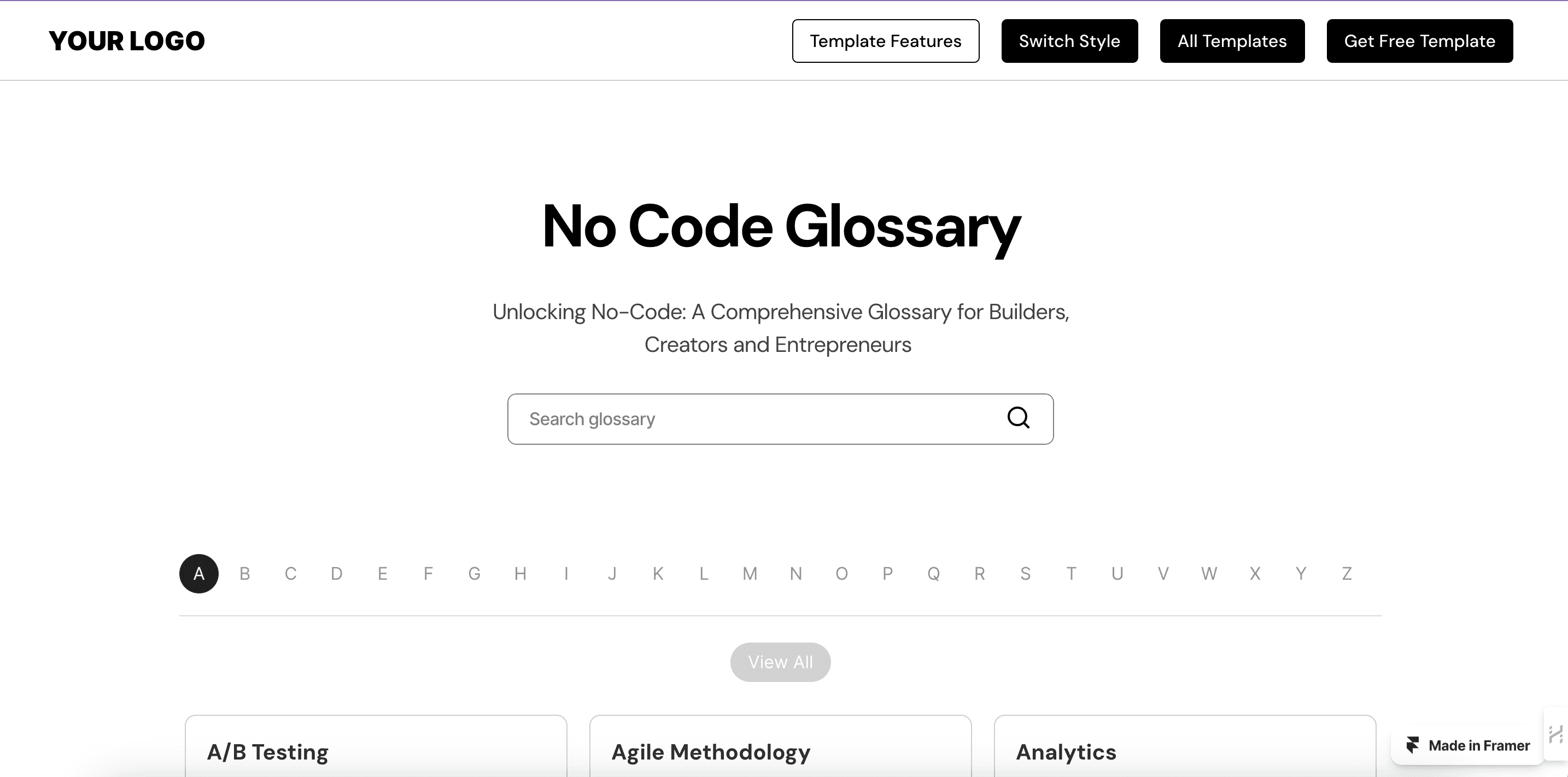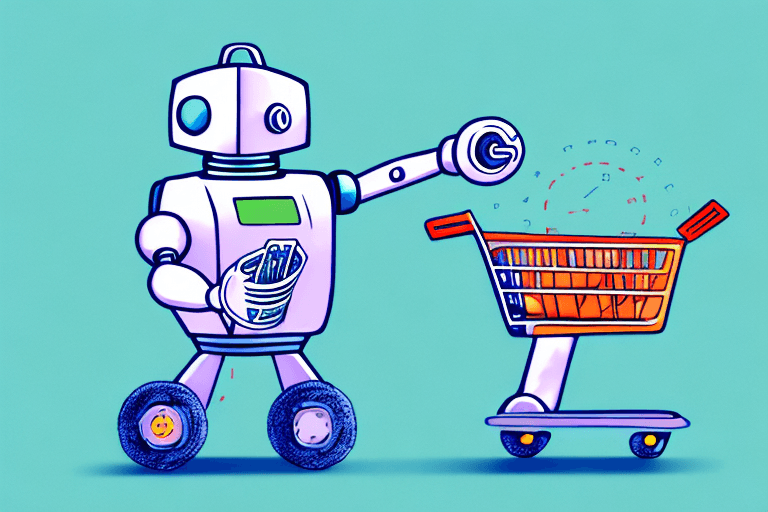Table of Contents
The rise of no-code development platforms has fundamentally reshaped how applications are built. By democratizing development, these tools empower anyone, regardless of technical background, to create sophisticated web applications. This democratization of development is particularly exciting in Israel, where a vibrant tech scene thrives, fostering a wave of innovation for Israeli entrepreneurs, startups, and businesses of all sizes. At the forefront of this revolution is Bubble, an Israeli-born platform that equips non-technical users with the ability to build robust web and mobile applications entirely on their own.
The Rise of No-Code Platforms
No-code platforms have been around for some time, but it's only in the past few years that they've really taken off. While traditional coding methods require a high level of expertise and a significant investment of time and resources, no-code platforms allow anyone to build custom applications and workflows with minimal effort. This democratization of development has opened up new opportunities for entrepreneurs and businesses and has the potential to transform the tech industry as we know it.
No-code platforms are a game-changer for many businesses. With traditional coding methods, building custom applications and workflows can be a daunting task that requires a high degree of technical skill. This can be a major barrier for startups and small businesses that are operating on a limited budget. No-code platforms, on the other hand, allow non-technical people to build complex applications and workflows without having to hire expensive developers. This can be a huge advantage for businesses that are looking to innovate and grow.
What is No-Code?
For those who are unfamiliar with the term, no-code refers to a type of platform that allows users to create complex applications and workflows without the need for any programming knowledge. Instead of writing code, users can simply drag and drop pre-built components and connect them together visually. This makes the development process much faster and more accessible than traditional coding methods.
No-code platforms are also highly customizable. Users can easily add and remove components to create a custom solution that meets their specific needs. This flexibility is a major advantage for businesses that need to adapt quickly to changing market conditions.
Why No-Code is Gaining Popularity
There are several reasons why no-code platforms are gaining popularity. For one, they allow non-technical people to build complex applications and workflows without having to hire expensive developers. This can be a huge advantage for startups and small businesses that are operating on a limited budget.
In addition, no-code platforms are often much faster than traditional coding methods, which can help businesses to bring products and services to market more quickly. This speed is critical in today's fast-paced business environment, where companies need to be able to innovate quickly in order to stay ahead of the competition.
No-code platforms also allow for greater collaboration between technical and non-technical team members. With traditional coding methods, only technical team members can participate in the development process. No-code platforms, on the other hand, allow everyone to participate regardless of their skill level. This can lead to more innovative solutions and better outcomes for businesses.
Key Players in the No-Code Space
There are several key players in the no-code space, including companies like Zapier, Airtable, and Webflow. However, one of the most exciting and innovative platforms is Bubble, which is based in Israel.
Bubble is a highly customizable platform that allows users to build complex applications and workflows with ease. It offers a wide range of pre-built components that can be easily customized to meet specific needs. In addition, Bubble offers a powerful visual editor that allows users to easily create custom user interfaces that are both functional and visually appealing.
Overall, no-code platforms are transforming the way that businesses approach application and workflow development. They are making it easier and more accessible for businesses of all sizes to innovate and grow, and they have the potential to revolutionize the tech industry as we know it.
Bubble: A Game Changer in No-Code Development
Bubble is a revolutionary no-code platform that has transformed the world of web and mobile application development. With Bubble, users can create powerful and complex applications without any programming knowledge. The platform uses a visual interface that allows users to drag and drop pre-built components and connect them together using simple workflows, making it incredibly easy to build custom applications quickly and efficiently.
What is Bubble?
Bubble is a powerful no-code development platform that empowers entrepreneurs, startups, and businesses to create complex applications with ease. It's designed to be used by anyone, regardless of their technical expertise, and allows users to build custom applications and workflows quickly and efficiently. The platform has gained immense popularity in recent years and has become a go-to tool for businesses looking to develop custom applications without investing in expensive development resources.
Features and Benefits of Bubble
Bubble offers a wide range of features and benefits that make it one of the most innovative and powerful no-code platforms on the market. These include:
Fast and intuitive visual development interface: Bubble's visual interface is incredibly user-friendly, allowing users to create custom applications quickly and easily.
Drag-and-drop components and workflows: With Bubble, users can drag and drop pre-built components and workflows, eliminating the need for coding and making development faster and more efficient.
Real-time collaboration and version control: Bubble allows for real-time collaboration between team members, making it easy to work together on projects. It also offers version control, ensuring that changes are tracked and can be easily reverted if needed.
Powerful data visualization and management: Bubble's data visualization and management tools are incredibly powerful, allowing users to create custom charts, graphs, and dashboards to visualize their data.
Integration with a wide range of third-party apps and services: Bubble integrates seamlessly with a wide range of third-party apps and services, making it easy to incorporate external data and functionality into your applications.
Success Stories of Bubble Users
Bubble has been used by a wide range of businesses and organizations to create custom applications and workflows. Some of the most notable success stories include:
Build a Roster: Build a Roster is a sports team management platform used by thousands of coaches and parents around the world. The platform was built entirely on Bubble and has been incredibly successful in streamlining team management and communication.
Seedtable: Seedtable is a newsletter that covers the latest news, trends, and analysis from the European tech industry. The platform was built on Bubble and has gained a large following due to its engaging content and user-friendly design.
MyAgro: MyAgro is a social enterprise that uses mobile technology to help smallholder farmers in Africa increase their crop yields and incomes. The platform was built on Bubble and has been incredibly successful in helping farmers improve their livelihoods.
Overall, Bubble is a game-changer in the world of no-code development. Its powerful features and user-friendly interface make it an ideal tool for businesses and organizations looking to create custom applications quickly and efficiently.
The Impact of Bubble on Israel's Tech Ecosystem
Bubble has had a significant impact on Israel's tech ecosystem, particularly among startups and entrepreneurs. By making it easier to build custom applications and workflows, Bubble has helped to boost startup growth, empower non-technical entrepreneurs, and foster innovation and collaboration in the tech industry.
Boosting Startup Growth
Bubble has helped to boost startup growth in Israel by making it easier and more affordable to build custom applications and workflows. By eliminating the need for expensive developers, Bubble has democratized the development process and made it accessible to a much broader audience. This has helped to level the playing field for startups and small businesses, and has opened up new opportunities for innovation and growth.
For example, a startup that specializes in creating mobile applications for small businesses can use Bubble to create a custom application that can be easily integrated with the client's existing systems. This can help the startup to deliver a better product, faster and at a lower cost. As a result, the startup can grow its business and take on more clients, which can lead to even more growth and success.
Empowering Non-Technical Entrepreneurs
One of the most exciting aspects of Bubble is its ability to empower non-technical entrepreneurs to build custom applications and workflows on their own. This has opened up new possibilities for people who may not have had the technical expertise to build their own products in the past. By democratizing the development process, Bubble has given more people the opportunity to turn their ideas into reality.
For example, a non-technical entrepreneur with a great idea for a new product can use Bubble to build a prototype and test it out with potential customers. This can help the entrepreneur to validate the idea and get feedback on what works and what doesn't. With this information, the entrepreneur can refine the product and make it even better, without having to rely on expensive developers or technical expertise.
Fostering Innovation and Collaboration
Bubble has also helped to foster innovation and collaboration in the tech industry by making it easier for people with different skill sets to work together. With Bubble, technical and non-technical team members can collaborate on the development process, which can lead to more creative solutions and better outcomes. This has helped to break down barriers between different parts of the tech industry and has promoted a more open and collaborative culture.
For example, a team of developers and designers can use Bubble to build a custom application for a client. The developers can focus on the technical aspects of the project, while the designers can work on the user interface and user experience. By working together in Bubble, the team can create a better product that meets the client's needs and exceeds their expectations.
In addition, Bubble has a strong community of users who share ideas, collaborate on projects, and provide support and feedback to one another. This community has helped to foster a culture of innovation and collaboration in Israel's tech industry, which has led to the development of new products and services that benefit everyone.
In conclusion, Bubble has had a significant impact on Israel's tech ecosystem by boosting startup growth, empowering non-technical entrepreneurs, and fostering innovation and collaboration. As Bubble continues to evolve and improve, it is likely that its impact will only grow stronger, leading to even more success and growth in Israel's tech industry.
How to Get Started with Bubble in Israel
If you're interested in using Bubble to build your own custom applications and workflows, there are several resources available to help you get started.
Learning Resources and Tutorials
Bubble offers a wide range of learning resources and tutorials to help users get up to speed on the platform. These resources include:
Online courses: Bubble offers a variety of online courses that cover everything from the basics of the platform to more advanced topics like building custom plugins and integrating with external APIs.
Extensive documentation: The platform's documentation is comprehensive and well-organized, making it easy to find answers to your questions and learn at your own pace.
Supportive community: Bubble has a large and active community of users who are always willing to help each other out. Whether you need advice on a specific feature or just want to connect with other Bubble users, the community is a great resource.
Local Bubble Communities and Events
In addition to the online resources, there are also several local Bubble communities and events in Israel that can help you connect with other users and learn more about the platform. These communities offer opportunities to network, collaborate, and learn from other users who are working on similar projects.
Bubble Israel Meetup: This group meets regularly to discuss all things Bubble, share tips and tricks, and network with other users. The group is open to everyone, regardless of skill level or experience.
Startup Grind Tel Aviv: While not specifically focused on Bubble, this group is a great way to connect with other entrepreneurs and tech enthusiasts in Israel. The group hosts regular events and speakers, providing opportunities to learn and network.
Israel Tech Challenge: This organization offers a variety of programs and events for tech professionals in Israel, including hackathons, bootcamps, and networking events. While not focused solely on Bubble, these events can be a great way to meet other tech professionals and learn more about the industry.
Tips for Success with Bubble
Finally, there are several tips that can help you get the most out of Bubble. These include:
Start small and build gradually: Don't try to build a complex application all at once. Instead, start with a simple prototype and add features gradually as you become more comfortable with the platform.
Focus on solving a specific problem or need: Bubble is a powerful tool, but it's important to stay focused on the problem or need you're trying to solve. Don't try to build a "one-size-fits-all" solution.
Use the platform's built-in features and workflows as much as possible: Bubble has a lot of built-in features and workflows that can save you time and effort. Take advantage of these whenever possible.
Join the Bubble community and connect with other users: As mentioned earlier, the Bubble community is a great resource. Don't be afraid to ask questions or seek advice from other users.
Bubble is an innovative and powerful no-code platform that is transforming the way businesses and entrepreneurs approach software development. By eliminating the need for programming knowledge, Bubble is making it easier and more accessible than ever for people to create custom applications and workflows. In Israel, Bubble is having a significant impact on the tech industry by fostering innovation, collaboration, and growth. If you're interested in using Bubble to take your own ideas to the next level, there's never been a better time to get started.
Who is Goodspeed?
Goodspeed is a leading no code agency, founded out of personal experience and personal frustration with trying to find a developer. We're a team of expert product managers, Bubble developers, Figma designers and entrepreneurs. Send us a message if you want to build a product to launch in Israel.
Frequently Asked Questions (FAQs)
1. What is the concept of "No-Code" development and how is it revolutionizing tech industries?
No-Code development refers to platforms that enable users to create applications and workflows without programming knowledge. It allows visual assembly of components. This democratizes development, making it accessible and fast for entrepreneurs and businesses to innovate.
2. How does No-Code address the challenges faced by startups and small businesses with limited budgets?
No-Code platforms, such as Bubble, enable non-technical individuals to build complex applications and workflows without hiring expensive developers. This lowers barriers to entry, allowing startups and small businesses to innovate within budget constraints.
3. What are the key reasons for the growing popularity of No-Code platforms like Bubble?
No-Code platforms offer accessibility to non-technical users, faster development timelines, and enhanced collaboration between technical and non-technical team members. These platforms also empower startups and businesses to innovate quickly, keeping up with the pace of the market.
4. How does Bubble stand out as a significant player in the No-Code space?
Bubble is an Israel-based platform that empowers users to build complex applications using a visual interface. It offers pre-built components and customizable user interfaces, making it a versatile tool for entrepreneurs and businesses looking to create powerful applications without coding.
5. What impact has Bubble had on Israel's tech ecosystem and entrepreneurship?
Bubble has positively impacted Israel's tech industry by fostering startup growth, empowering non-technical entrepreneurs, and encouraging innovation and collaboration. It has democratized development, allowing more people to turn ideas into reality and contributing to a more inclusive and collaborative tech culture.
If you found this article on 'Unleashing the power of no-code in Israel' insightful, you might also be interested in exploring how no-code is transforming other countries. Check out our related article on 'Unleashing the power of no-code in Jordan.




